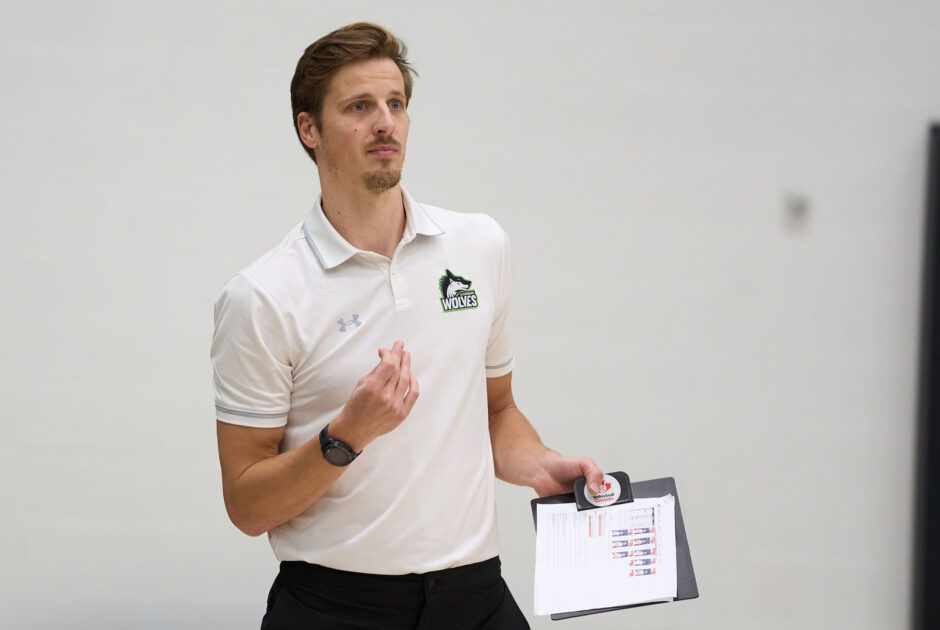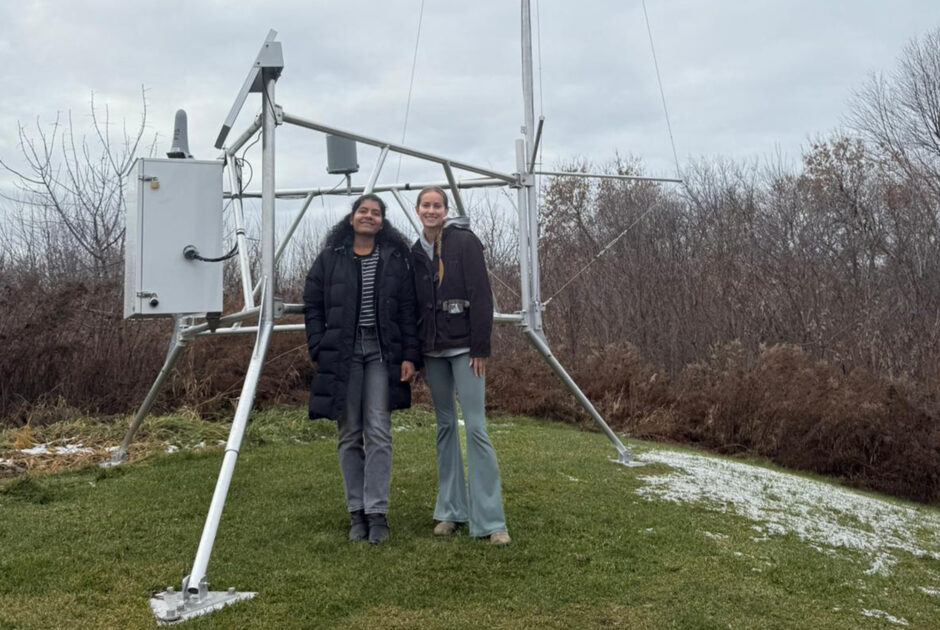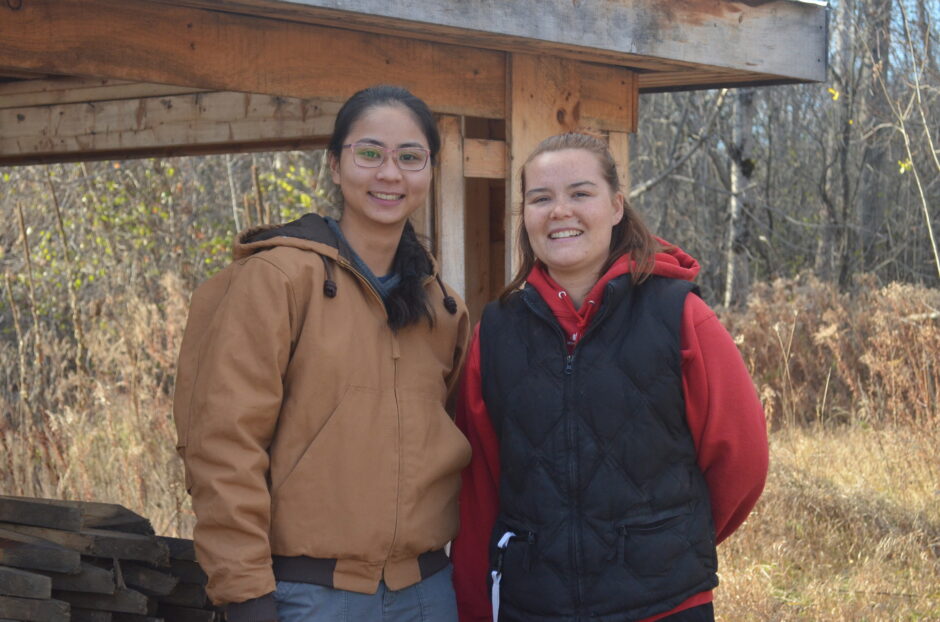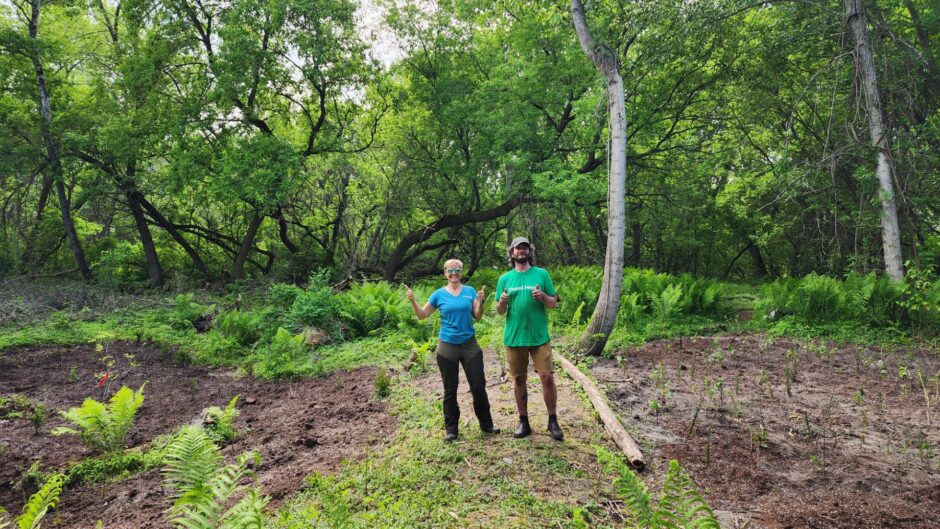What it’s like to adopt a pandemic puppy

When it comes to parenting, it is often said that the teenage years are the worst.
If you ask Ella Duchaine, she would agree.
“He does not like to listen, he kind of ignores you,” said the business administration student. “He complains every time we ask him to sit. He talks back at us.”
Duchaine said her teenager started complaining when asked to sit and has picked fights with others at the park over his stick.
If you have not guessed by now, Duchaine is a dog mom.
Wilbert, her husky, has brought a few challenges since she and her boyfriend adopted him in June.
Like many dogs, Wilbert was adopted during the pandemic and is part of the phenomenon known as pandemic puppies. Since COVID-19 has resulted in people staying home, puppy sales have spiked.
According to Google Trends, in late April of 2019 in Ontario, the research rate ‘Dog for sale’ had a score of 27 out of a possible 100. In late April this year, the rate spiked at a perfect 100, nearly quadrupling 2019’s search rate.
Duchaine and her boyfriend adopted Wilbert from a private breeder through Kijiji. Since late August, there have been 250 ads placed on Kijiji for dogs in the Ottawa area alone and they are selling fast.
They talked about adopting for months before going forward. Then, before school began, it seemed like a good opportunity to adopt. “I thought it would be a great time to get a dog I guess because we’re all home and I was off work.”
Andrew Tannahill, a Trent University alumnus, and his wife Pascalle Carpini, an Algonquin alumnus, adopted their miniature American shepherd, June, from a breeder in August. Since they are both working from home, Tannahill said they can now afford to give June the time and energy she needs as a puppy.

Mike Gatta, a foster for the Ottawa Dog Rescue, said this is the reason that many people are choosing to adopt during the pandemic. He said they have seen a significant jump in adoption applications. “For every dog we post, I’d say we’re getting anywhere from fifteen to one hundred applications per dog.”
Gatta said the rescue has not seen a single return since the pandemic. He credits this to the organization’s thorough adoption screening process. Dogs are matched with an owner that can best meet the needs of the specific dog breed.
Duchaine has realized that handling Wilbert’s specific needs as a husky means finding ways to tackle his high energy. “He always needs to be outside at the dog park,” she explained. “He needs to be outside for at least an hour, if not more, a day.”
Tannahill said he and his wife have needed to create a routine for June. “She goes to bed at 9:30 [p.m.] every night and then she’s up at 6,” he explained. They also had to learn to tuck away things that June likes to chew like curtains and wires in order to protect her.
For some, the need to adjust their lifestyle is not always top of mind especially when it comes to adopting for the first time. This is why Gatta advises that adopters research the breed they are interested in.
“Pretty much every puppy is super cute,” he said. “But they all grow up into whatever their breed is. And you have to be able to handle that breed.”
As for students looking to adopt, Duchaine suggested they, “wait a couple of months and see if you want the dog, still, or if it’s just kind of an irrational thought in your head.”
Tannahill added that if adopters decide it is the right choice, it is well worth it.
“She’s a little person and she needs her needs taken care of and she deserves that,” he said. “They’ve got so much love to give; if you give them the basics that they need.”








